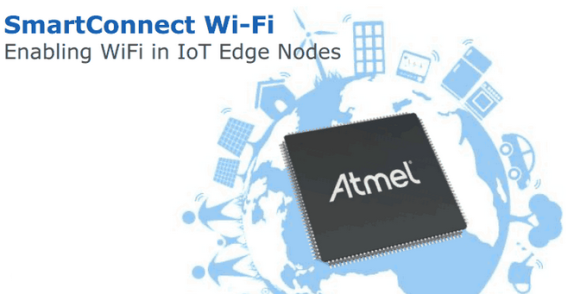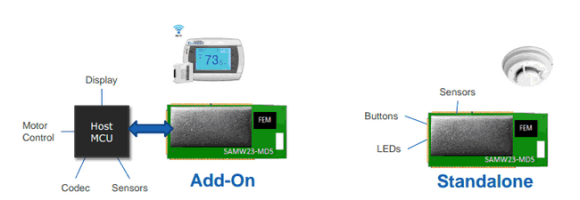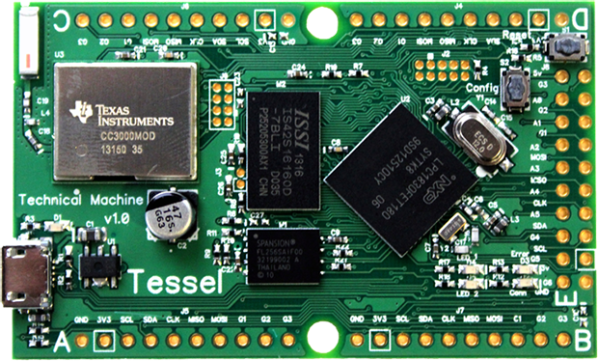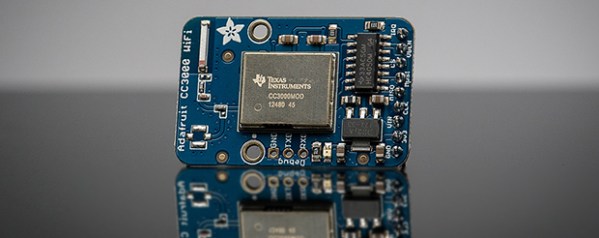The last year has brought us CC3000 WiFi module from TI, and recently the improved CC3200 that includes an integrated microcontroller. The Chinese design houses have gotten the hint, putting out the exceptionally cheap ESP8266, a serial to WiFi bridge that also includes a microcontroller to handle the TCP/IP stack and the software side of an 802.11 connection. Now there’s another dedicated WiFi module. It’s called the MT7681, and it’s exactly what you would expect given the competition: a programmable module with the ability to connect to a WiFi network.
Like TI’s CC3200, and the ESP8266, the MT7681 can be connected to any microcontroller over a serial connection, making it a serial to WiFi bridge. This module also contains a user-programmable microcontroller, meaning you don’t need to connect an Arduino to blink a few pins; UART, SPI, and a few GPIO pins are right on the board. The module also includes an SDK and gnu compiler, so development of custom code running on this module should be easier than some of the other alternatives.
You can pick up one of the MT7681 modules through the usual channels, but there’s an Indiegogo campaign based in China that takes this module and builds a ‘dock’ around it. The dock has a relay, temperature/humidity sensor, a few GPIO pins, and a USB serial connection for use as an Internet of Things base station.
For anyone looking for a little more computational horsepower, there’s also a few mentions and press releases announcing another module, the MT7688, This is a very small (12mm by 12mm) module running Linux with 256 MB of RAM and 802.11n support. This module hasn’t even hit the market yet, but we’ll be on the lookout for when it will be released.
Thanks [uhrheber] for sending this one in.

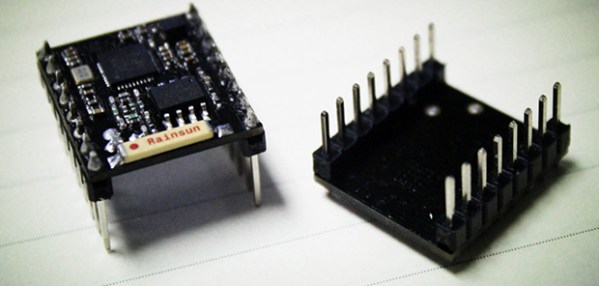
 Texas Instruments’ CC3000 WiFi chip is the darling of everyone producing the latest and greatest Internet of Thing, and it’s not much of a surprise: In quantity, these chips are only $10 a piece. That’s a lot less expensive than the WiFi options a year ago. Now, TI is coming out with
Texas Instruments’ CC3000 WiFi chip is the darling of everyone producing the latest and greatest Internet of Thing, and it’s not much of a surprise: In quantity, these chips are only $10 a piece. That’s a lot less expensive than the WiFi options a year ago. Now, TI is coming out with 
